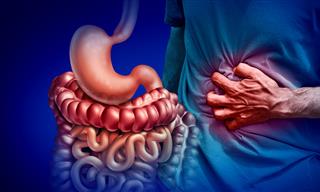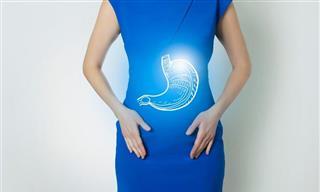Coffee is one of the most controversial drinks in existence. In the past, many believed that it causes cardiovascular disease, but more recent research suggests that the antioxidant-rich drink actually has numerous health benefits, provided that you don’t drink more than a few cups of coffee every day. Among the notable health benefits of coffee are improved heart and brain health, as well as a reduced risk of certain types of cancer. But there’s one more health benefit we can now confidently add to that list - liver health.
This is the biggest study yet to find that coffee benefits liver health
Liver disease is a widespread health issue all around the world, and it’s on the rise too. More recent estimates suggest that one in ten Americans suffers from some kind of liver disease. Fatty liver disease and liver cirrhosis are among the most common kinds of liver disease. According to a recent study from the United Kingdom, drinking coffee lowers one’s risk of liver disease.
The study followed 495,585 people for 10 years. 78 percent of the participants consumed ground coffee, instant coffee, or decaf, whereas the remaining 22 percent didn’t drink coffee. Over the ten-year period, 3,600 cases of fatty liver disease and 184 cases of liver cancer were recorded.
The study found that liver disease was more common among the participants who didn’t drink coffee. Among the coffee drinkers, the risk of liver disease fell by 21 percent and the risk of death from chronic liver disease was reduced by 49 percent compared to those who didn’t drink coffee. Researchers believe that the anti-inflammatory or anti-fibrotic properties of coffee may be why it’s beneficial for liver health.
“There are previous studies suggesting lower risk of cirrhosis (severe liver scarring), improvements in fatty liver disease, lower rates of hospitalization and mortality in cirrhosis, associated with coffee use,” stated Dr. Albert Do, a Yale Medicine hepatologist and fatty liver disease expert to Healthline. So this study is a big contribution to an already existing belief among experts that coffee is beneficial for the liver. The researchers conclude that coffee is an accessible and affordable drink capable of reducing one’s risk of liver disease.
Do instant, decaf, and ground coffee have the same effect?

Although both decaf and instant coffee were associated with some health benefits, the beneficial effect was the strongest in the group who drank ground coffee. The researchers believe that this is due to the fact that ground coffee has the most cafestol and kahweol — two compounds naturally present in coffee believed to protect the liver. This doesn’t mean that you should switch to ground coffee, as you’ll still experience some benefits from decaffeinated coffee, especially if you opt for decaf for health reasons.
How much coffee should drink to feel the effects?
The study found that the health benefits plateaued at 4-5 cups of coffee daily. This doesn’t mean that you should drink that much, but rather that there’s no point in drinking more than 4 cups of coffee a day. Even if you drink 1-2 cups of coffee a day, you should experience the same benefits.
Experts usually don’t recommend drinking more than 400mg of coffee a day (which is about 3-4 cups of coffee) because all the benefits of coffee are only relevant when consuming caffeine in moderation. The moment you increase your caffeine intake to more than 400 mg a day, the negative effects, such as a racing heart and cardiovascular issues start to kick in.
Those who suffer from heart disease, high blood pressure, and heartburn should be especially careful when drinking any amount of coffee. With that said, those who enjoy their morning coffee daily will probably be glad to find out that their coffee drinking habit is healthier than they think.
Share this information with other coffee lovers!
 Go to BabaMail
Go to BabaMail


























